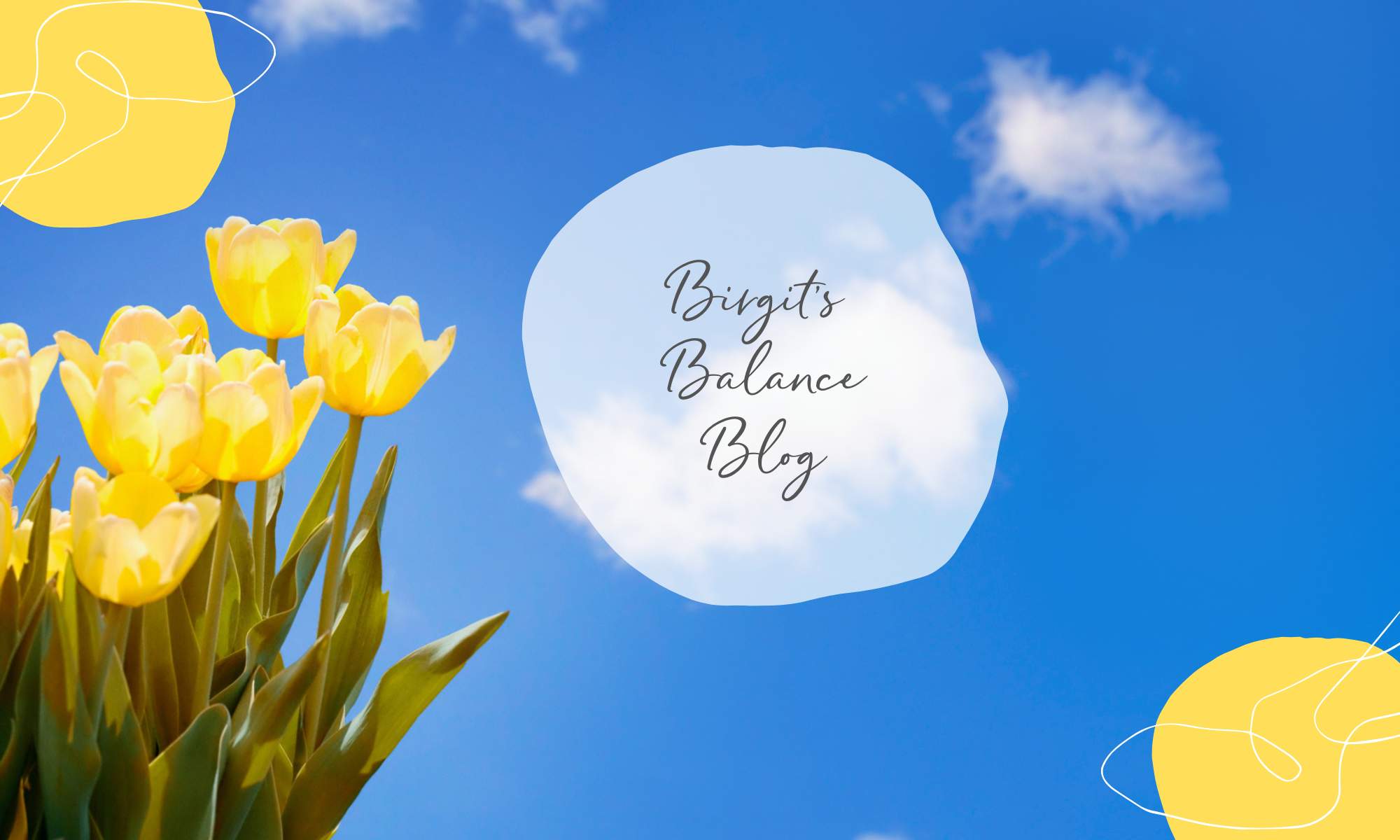
We live in an “agitated society ” and in the “postfactual age”.
Both terms triggered me when I read them for the first time. The following feelings came up:
1. Consternation – both terms contain statements about emotions – and emotions are the heart of my work.
2. Agreement – I do understand what both terms want to tell in general but there was also …
3. Concern – how are emotions evaluated when we take a closer look at these two statements about our society?
Emotions are a central force in our daily life – consciously or subconsciously. In the best case we perceive and accept them, understand their origin and purpose and then let go of them again. If we do not succeed in integrating them into our actions and decisions, they usually find their own way, be it that they control us like a subversive force or, in the worst case, manifest themselves in physical pain.
Emotions are indicators, they are like sparks for the engine of our decisions and actions. (No wonder the word emotion includes the word “motion”). Using the spark effectively means having emotional intelligence.
However, the two terms mentioned at the beginning suggest that we are losing more and more “the feeling for feeling”. Emotions no longer serve as a hint but rather overwhelm us. The spark burns us instead of setting us on fire in a healthy and helpful way. It’s like a kind of misfire – a lot of noise, but little efficiency. Feelings like anger, fear and helplessness are not perceived and explored but automatically diverted into indignation, arousal and accusation. This may feel good at first – but in fact we achieve nothing – except a bad state, which is more obstructive than helpful – both for the reason or our counterpart, as well as for ourselves.
Of course, being outraged is quick, easy and a bit like a bag of chips – tastes too good and once you’ve started you can hardly stop.
But we also know what it would feel like if we had too much of it and what would happen if would not eat anything else anymore …
But how can we not become another citizen of the agitating society despite all the stimuli that rain down on us every day, how can we stay reflected and balanced?
First reflection, then reaction?
- The willingness to change – If you’d rather eat more chips in rough quantities and like to get upset and outraged, you can stop reading here. If you want to change something because you want to keep your inner balance to stay fit and healthy, then continue with point 2.
- Find the spark – What kind of people, situations, events, behaviors ignite you? What story are you telling yourself about these people, this situation or behaviour? Or what story have you been told about this situation or these people? What exactly does this tell you about yourself? What do you feel? How do you react?
- Direkt the ignition sparks – Is the situation, the topic or the person relevant and important for you? – If no, let go! If yes, ask yourself …
- What is it about the story you tell yourself about this person or this situation or that you get told?
- Is it true?
- Is there any evidence?
- How could it be told differently?
- Are there other ways to explain your perception?
- And what does that do to you?
- What do you feel now?
- Speeden up or staying in neutral? – Do you see a need for action? – if no, let go. If yes, consider …
- What can you influence and do?
- What will you do
- When
- Go!
Yes, it is easier to be outraged.
But questioning, discovering and balancing yourself is so much healthier and more beneficial – for your own well-being, for all relationships and for broadening your horizon.
Let your emotions ignite you – but don’t get burned and stay curious!
Yours, Birgit
